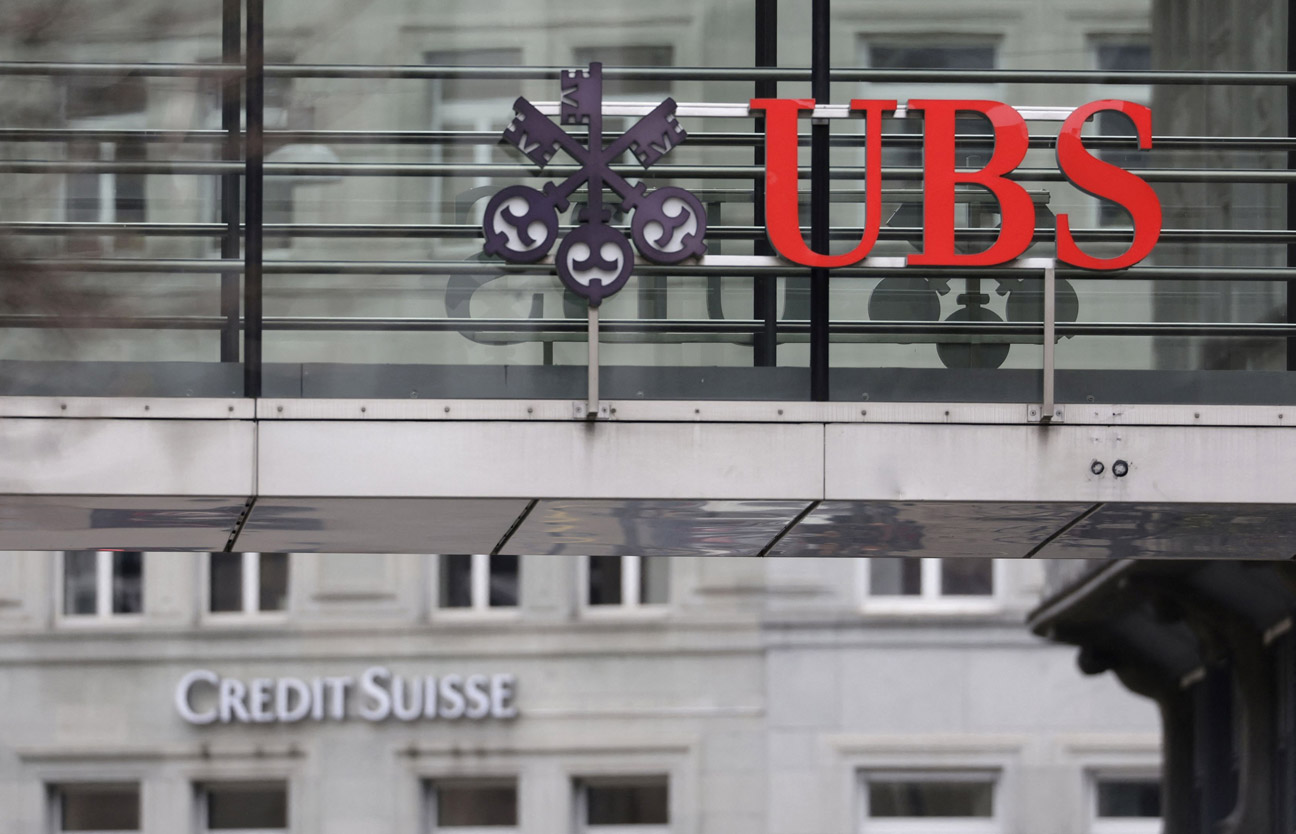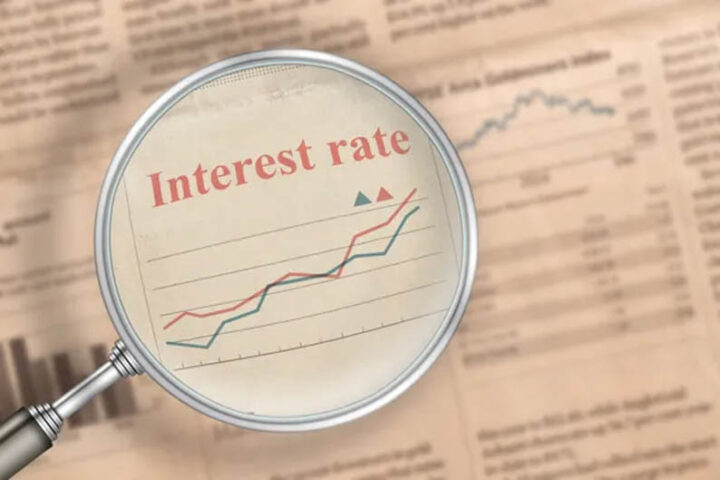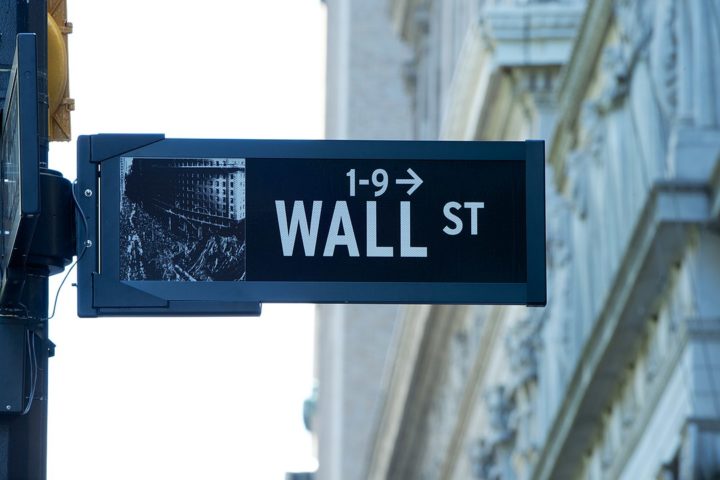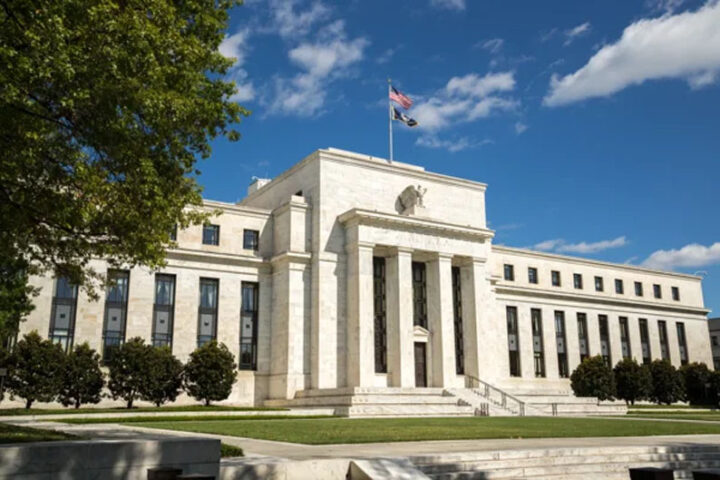-
No systemic threat, but interest rate hike is a risk
The Cyprus banking system will not be feeling any aftershocks of the collapse of major US banks, and most recently the troubled Credit Suisse, which needed to be rescued by banking giant UBS, insist authorities and economists.
Earlier in the week, the island’s central bank governor, Constantinos Herodotou met with President Nikos Christodoulides, with both officials saying the island’s banking system is “resilient and will continue to support the real economy”.
However, the fact that the back-to-back collapses of US banks was followed by trouble in a financial giant in the heart of the European banking system, has raised concerns whether we are witnessing the fall of the first pieces in a domino.
“Cyprus banks will not be in the line of any domino chain, either from the collapse of the two US banks, or the trouble with Credit Suisse,” said economist Stelios Platis.
He told the Financial Mirror that Cypriot banks had no exposure to either Silicon Valley Bank, or Signature Bank which collapsed earlier this year, while the exposure of European banks is too small to affect Cypriot banks.
“The collapse of Credit Suisse, although coincided with the collapse of the two US banks, is not directly linked to their collapse. Credit Suisse has always been the black sheep of the world banking system,” said Platis, explaining that the bank had a poor track record.
Credit Suisse’s failings included a criminal conviction for allowing drug dealers to launder money in Bulgaria, entanglement in a Mozambique corruption case, a spying scandal involving a former employee and an executive, and a massive leak of client data to the media.
“Credit Suisse was accused and fined for its involvement in a tax avoidance scandal involving American investors, with assets of the said investors frozen,” he said.
“The Swiss bank was more than willing to engage with clients that other banks avoided,” he added.
Disgraced financier Lex Greensill and failed New York-based investment firm Archegos Capital Management, lost it billions of dollars and compounded the sense of an institution that didn’t have a firm grip on its affairs.
Platis explained that the downfall begun when on March 9, the US Securities and Exchange Commission queried the bank’s annual report, forcing it to delay its publication.
“Panic spreading after the failure of regional US lender Silicon Valley Bank underscored how higher interest rates were eroding the value of the banking industry’s bond holdings. This led to investors ditching anything that smelled of banking risk and Credit Suisse saw a deposit flight,” he said.
The economist said that more trouble headed Credit Suisse’s way when the chairman of its largest shareholder, Saudi National Bank, ruled out investing any more into the company, leading stocks to slump by 31%.
The cost of insuring the bank’s bonds against default for one year surged to levels not seen for a major bank since the global financial crisis of 2008.
Aware of the potential economic fallout if Credit Suisse collapsed, the Swiss central bank offered to lend it as much as 50 billion Swiss francs ($54 bln) and buy back up to 3 billion francs of debt. This bought Swiss authorities a little time to find a more sustainable solution, which came with UBS buying the bank for $3.25 bln.
“The issue is that a mega-bank has been established in the heart of Europe’s banking system, with all the implications that that may entail. However, there is no fear of collapsing as it has created a Lehman moment,” said Platis.
A “Lehman Moment” describes a point at which one company’s or bank’s problems become everyone’s problems.
“In this case, we have the entire banking system in Europe backing the deal,” explained Platis.
Implications for Cyprus
Turning the spotlight to Cypriot banks, the economist said that there is no real danger for Cypriot banks to collapse or suffer any implications, as European monetary authorities are very strict, even on smaller banks.
“I would be surprised if Cypriot banks would be allowed to expose themselves to assets that could cause them any sort of systemic problems,” he added.
“However, there are two real risks for the Cypriot banking system at the moment, the biggest of them being the risk of hiking interest rates increasing banks’ non-performing exposures,” said Platis.
“Although banks are in a better position to handle an increase in NPLs than they were in 2013 crisis, as they have much higher liquidity, I am not convinced that they have the capital to handle an implosion of NPLs above expectations,” he said.
Platis said that for the moment, he did not see that happening, as banks have excessive liquidity, which is currently enjoying a higher deposit interest rate than what they are giving out to clients.
Meanwhile, earlier this week, the Central Bank of Cyprus expressed concerns over a possible rise in non-performing loans following a series of increases in interest rates, as it calls on banking institutions to take pre-emptive measures.
Central Bank Governor Constantinos Herodotou urged banks to manage customer loans which are on the verge of becoming an NPL, as effectively as possible, with sustainable restructuring where needed.
“The second risk derives indirectly from the trouble with Credit Suisse. The Swiss government said that some $17 billion worth of Credit Suisse ‘contingent convertible’ bonds would get marked down to zero, meaning their holders would lose all of their investment,” said Platis.
As the economist explained, ‘contingent convertible’ bonds, or Coco bonds as they are known, were designed in the wake of the 2008 financial crisis to help banks raise capital and also maintain capital in a crisis.
“Following what happened with Credit Suisse, these bonds are now considered an even riskier investment, with interest rates shooting up. This will make it harder for banks to raise capital, should they find themselves in a tight spot,” he explained.










